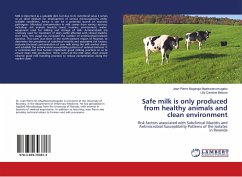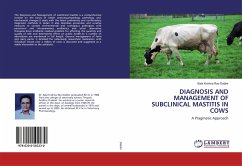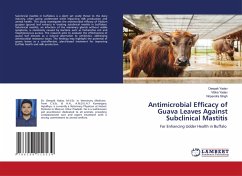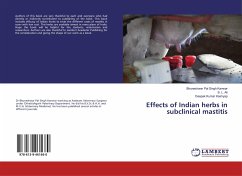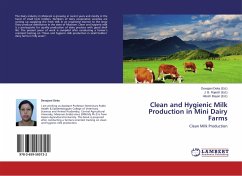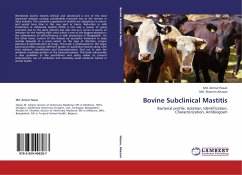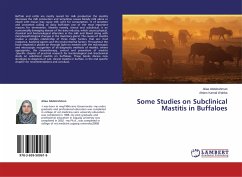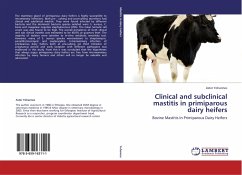Milk is important as a valuable diet, but due to its nutritional value it serves as an ideal medium for development of various microorganisms under suitable conditions, hence it can be a potential source of zoonotic pathogens. Microbial contamination in milk comes from various sources, including: sick animals (mastitis cases), humans, environment, water, equipment used for milking and storage of milk. Antimicrobials are routinely used for treatment of dairy cattle affected with clinical mastitis. Over time, this usage has increased the number of antimicrobial-resistant bacteria. This work was done in the north-western region of Rwanda, to determine the prevalence of subclinical mastitis and associated risk factors, evaluate bacterial contamination of cow milk along the milk market chain, and establish the antimicrobial susceptibility patterns of isolated bacteria. It is recommended that farmers implement good milking practices so as to ensure clean milk production. Other actors of the milk value chain should observe good milk handling practices to reduce contamination along the market chain.

